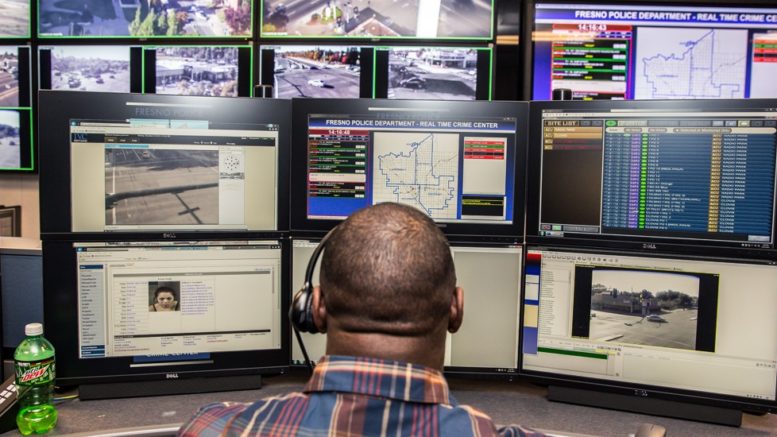D.C. Mayor Announces Real-Time Crime Monitoring Center
Mayor Muriel Bowser unveiled a new initiative in the fight against rising crime in Washington, D.C. — a Real-Time Crime Center (RTCC) where regional and federal police, along with transportation agencies, will collaboratively monitor crime data in real-time. The center, located in the Marion Barry Building in Northwest D.C., will involve nine police agencies, including the U.S. Capitol Police, Metro Transit Police, Prince George’s County Police, and more. The initiative aims to leverage technology, including Closed Circuit Television (CCTV) cameras and emergency calls, to enhance the coordination and response to criminal activities.
Multipronged Approach and Collaborative Efforts
Mayor Bowser reiterated her commitment to turning down crime trends, citing a multipronged approach to address the challenge. The RTCC will be supported by various agencies, including D.C.’s Homeland Security and Emergency Management Agency and the D.C. Housing Authority Police Department. Federal agencies such as the ATF, FBI, and U.S. Marshals Service will also contribute to the initiative. Police Chief Pamela Smith emphasized the importance of utilizing technology and real-time response, aligning with the recently announced ATLAS strategy.
Technological Focus and Privacy Concerns
While the RTCC will leverage technology for real-time monitoring, Chief Smith clarified that the center will not use AI and facial recognition. The initiative will utilize video surveillance from cameras across D.C., but specific details about the number of cameras to be used are still in the procurement process. Mayor Bowser dismissed concerns about the center diverting resources from crime prevention efforts, emphasizing that prevention initiatives involve collaboration with various agencies.
Privacy Concerns and Community Perspectives
Monica Hopkins, the executive director of the D.C. chapter of the American Civil Liberties Union (ACLU), expressed concerns about privacy and government surveillance. She raised questions about the oversight, transparency, and accountability of the real-time surveillance center, highlighting potential threats to individual rights. Mayor Bowser countered these concerns by stating that community members have expressed interest in expanding the use of cameras in their neighborhoods. While recognizing that cameras cannot replace live police officers, Bowser emphasized their role in enhancing law enforcement’s presence in various locations.
Community Reporting and Ongoing Public Safety Efforts
Despite the implementation of real-time surveillance, Chief Smith emphasized the continued importance of community reporting of crimes through 911. Mayor Bowser stressed the evolving perspective on video surveillance in the community, noting that people are now interested in having CCTV cameras in their neighborhoods. The Real-Time Crime Center is part of the broader strategy to address crime trends in Washington, D.C., and its success will be evaluated based on its contribution to enhancing public safety.

